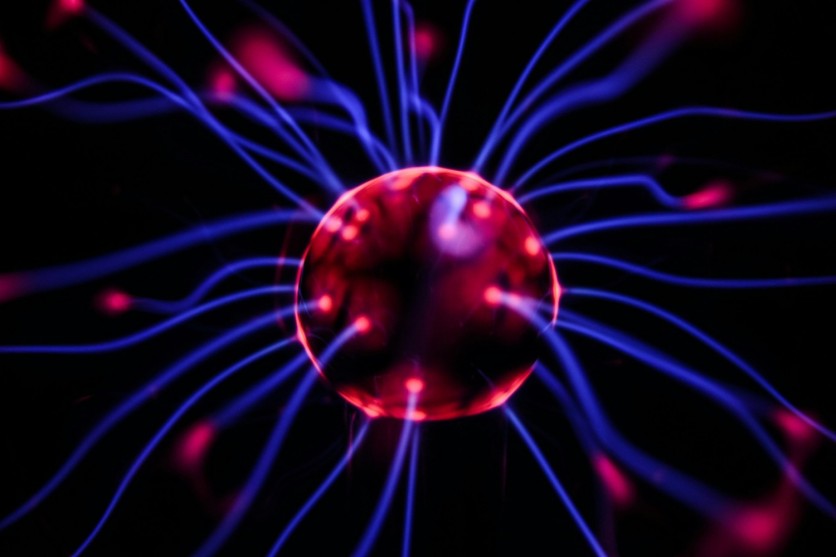Neuralink Corp., the brain implant company founded by Elon Musk, was scheduled to perform its second implant surgery last Monday. However, the procedure was postponed due to the patient's medical condition, according to Michael Lawton, CEO of the Barrow Neurological Institute.
Medical Condition Causes Delay

As Bloomberg reported earlier, the patient had to withdraw from the scheduled surgery that Neuralink set. The procedure will be vital for the current study of the company.
Based on the report, the patient has health concerns that made them unfit for the surgery. Lawton confirmed that because of this uncertainty, Neuralink needs to find another candidate.
In a phone call with Bloomberg, Lawton said that the new patient would likely undergo the surgery next month at the Barrow facility. Up to this point, Neuralink has not provided a comment on the situation.
"Selecting the right patient for a trial like this is important. Everybody involved, clinically and surgically, wants to get it right," Lawton said.
Related Article : Precision's Brain Chip Sets Record with 4,096 Electrodes on Brain, Better Than Neuralink?
Early Stages of Clinical Trials
Neuralink is in the initial phases of clinical trials for its brain implant device, which aims to restore functionality to paralyzed patients. Recently, Noland Arbaugh, an Arizona man, became the first human to have the device implanted. Arbaugh, a quadriplegic following a 2016 spinal cord injury, can now play video games using only his thoughts, showcasing the device's potential.
The Barrow Neurological Institute, located in Phoenix, treated Arbaugh during his surgery in January. Known for addressing complex neurological conditions, Barrow has been praised by Neuralink President DJ Seo for their swift and quality care.
In April, Seo commended Barrow for moving "with lightning speed to deliver quality care for their patients."
Challenges with Lou Gehrig's Disease
The patient originally scheduled for surgery this week has amyotrophic lateral sclerosis (ALS), also known as Lou Gehrig's disease, a report from PCMag says. This condition causes nerve cells in the spine and brain to degenerate, ultimately leading to muscle paralysis. Due to patient privacy regulations, further details about the individual cannot be disclosed.
Diverse Testing for Broader Application
Testing the device on patients with various causes of motor impairment is crucial, according to Cristin Welle, an associate professor of neurosurgery at the University of Colorado and former US Food and Drug Administration official.
Welle acknowledged that the process is valuable to see how it works "across different conditions."
Despite the recent setback, Neuralink remains committed to advancing its clinical trials and improving the lives of those with severe motor impairments. The upcoming surgery, rescheduled for next month, will provide another opportunity to test the device's efficacy and expand its potential applications.
Outside the Neuralink report, Tech Times reported that spoon-feeding babies may be bad for their growth. A new study suggests that there's a better alternative to this traditional approach.





